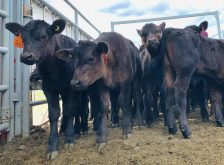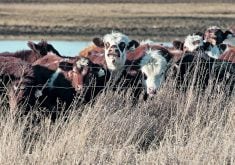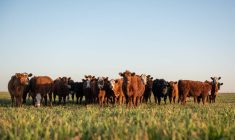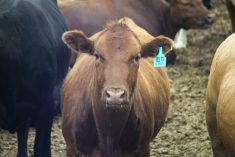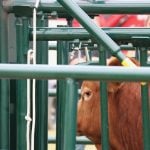Bob Lowe, a cattle feeder from Nanton, isn’t afraid to enter a conference hall full of vegans — and there was a sizeable contingent of people opposed to meat production at this year’s global climate conference.
As part of his trip to COP27 in Egypt last month, the veteran cattle producer paid a visit to a pavilion called Food for Climate, which was sponsored by several vegan organizations as well as companies including the maker of the plant-based Impossible Burger.
“I sat on a roundtable there and listened to a bunch of presentations at that place,” said Lowe.
Read Also
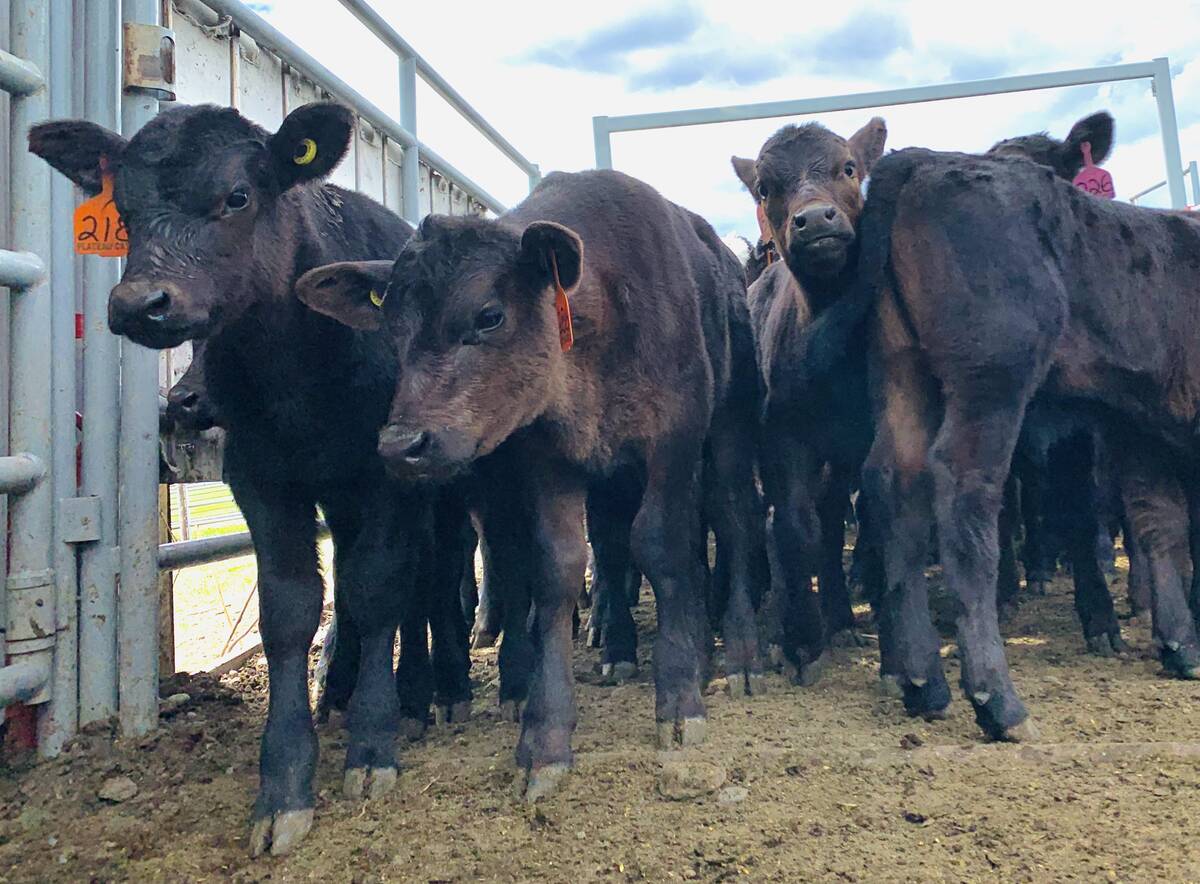
How ‘care and compassion’ protocols drive performance at this Alberta ranch
Plateau Cattle Company says lowering stress in calves using science-based practices leads to higher weaning weights and better animal health.
“You can preach to the converted, but if you can go and talk to people who are not converted, that’s better. I had some really good conversations there.”
Lowe, past president of the Canadian Cattle Association and current vice-president of the Global Roundtable for Sustainable Beef, was accompanied by Mitchell Zorrati, the CCA’s environment and climate change coordinator.
“This is the first time that agriculture has been a big player at any of the COP meetings,” said Lowe. “They finally came to the conclusion that you’ve got to involve agriculture in talks about climate change if you want to get anything done.”
This year’s event, which drew more than 35,000 attendees (including representatives from farm groups from around the world), also looked at related issues such as biodiversity, water and food security.
[RELATED] Manitoba Co-operator: Foodgrains bank rep pleased with COP27 ‘loss and damage’ fund
“It really led well to conversations I can partake in, where cattle play a role in food security and biodiversity, not only grazing grass and keeping grass going and sequestering carbon,” said Lowe, who spoke on four panels, including one on food waste.
In his conversations with vegans, Lowe talked about how cattle and plants go hand in hand.
“You can’t really have one without the other. It’s far more sustainable to have cattle and grain and not just one or the other,” he said. “A lot of these people have no idea how we raise cattle in North America.
“Once they hear how we do it, and what we’re doing, they start thinking maybe cattle aren’t quite so bad as they thought.”
Lowe said he walked into the Food for Climate pavilion with his Canada cow pin on his lapel and just started visiting.
“And generally, people are all interested,” he said. “They are all worried about the same thing. They don’t know about the industry … (but) they’ve heard clips from the radical view and if they don’t hear anything from our side, you know where this is going to go. We have to let them hear things from our side.”
Some non-governmental organizations at COP27 did not think agriculture and the energy sector should be at the meetings because they are emitters of greenhouse gases, said Lowe.
“They thought it was a conflict of interest, which I don’t really understand why that would be.”
‘Quite a bit of progress’
“I know Minister (Marie-Claude) Bibeau knows that we should be at the table, and we should make sure of that.”
Statements and communiques that came out of COP27 were promising for the livestock industry and noticeably different than those from the previous conference, held last year in Scotland, he added.
“When you consider that a year and a half ago, the UN had a definite statement that the only solution to climate change was to get out of animal agriculture,” he said. “Now, they are fully supporting a balanced food production system which includes livestock.
“That’s quite a bit of progress in a year and a half.”
While many producers don’t believe climate change is occurring, Lowe said that doesn’t mean they won’t change their management practices.
“Producers accept what’s going to increase their bottom line, so they will change their practices anyways, arguing all the time that there’s no such thing (as a climate crisis),” he said. “Meanwhile the problem will be getting fixed. I do truly believe that’s going to happen.
“I will not get into an argument with someone over whether climate change is real or not. But I will get in an argument with them over grazing practices.”
The evidence in favour of practices such as rotational grazing is overwhelming, he said.
“I’ve seen what happens to grass when you manage it properly, instead of just kicking cattle over it. I’m old enough, I’ve seen it over time, I’ve watched that, I’ve seen what happens. There are better management practices coming out of this (climate change mitigation effort).”
The cattle industry started talking more about environmental issues when the federal government started focusing more on climate change and the environment.
“In order to talk to them, you have to work with them,” Lowe said. “(Environmental issues) have become our central focus at CCA, when we are lobbying governments.”
It’s critical “to show what we’re doing, to show that we’re progressing and forward thinking,” he added.
And whether its government officials or vegans at a climate conference, the key is having conversations, said Lowe, pointing to words of wisdom from his friend, Mary Robinson, president of the Canadian Federation of Agriculture.
“Mary said that if you aren’t at the table, then you’re on the menu. That sums it up as good as anything,” he said. “If we aren’t there talking and explaining who we are and what we are and how we do things, then the people who don’t know – and most of the world has no idea – then you become part of the menu.”




